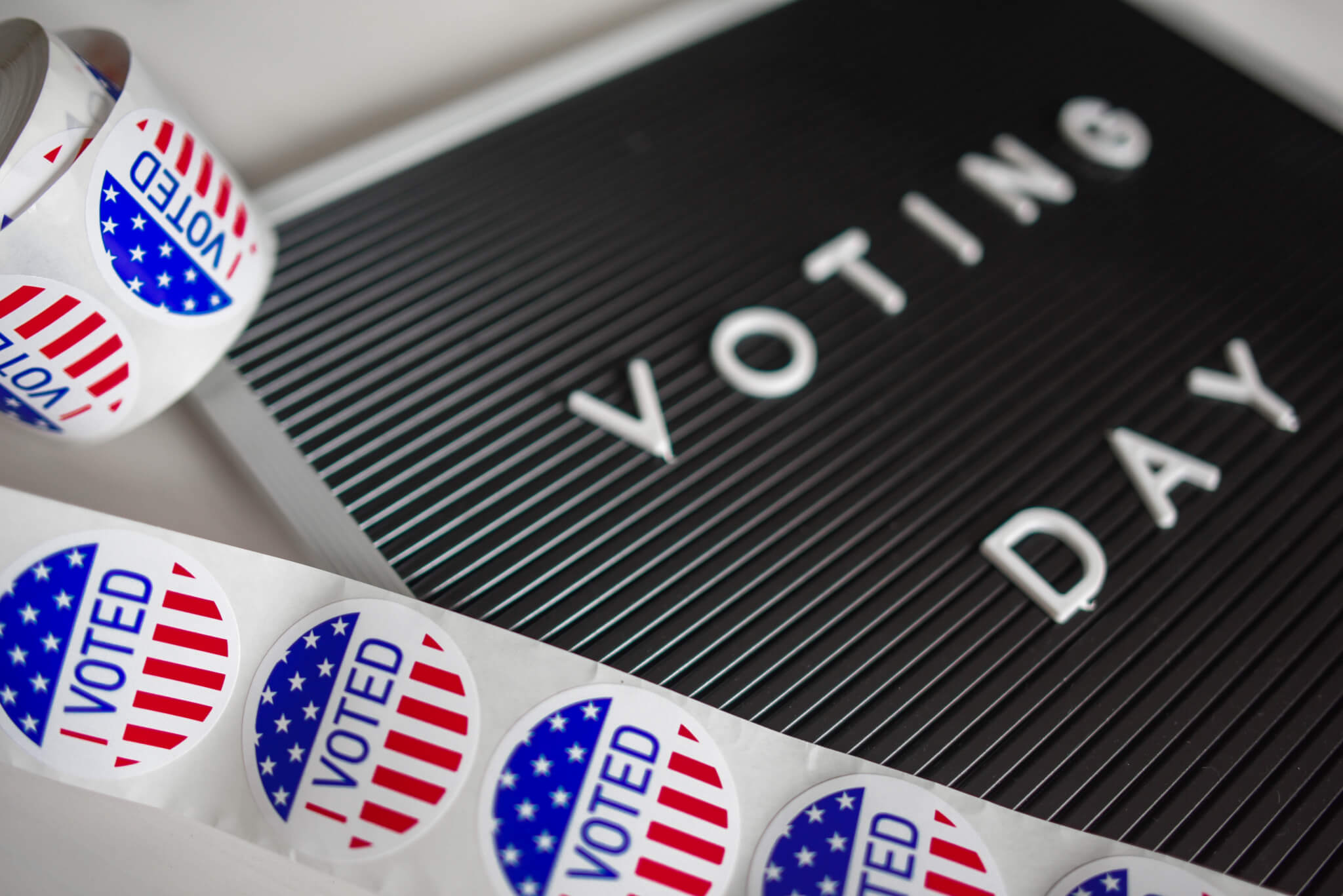With the rise of digital engagement, there is no escaping politics.
Regardless of how far away a soldier may be from his/her home, he/ she may have an interest in the news of their hometown. The same can be said for a soldier’s interest in national news, which begs the question, “to what degree does an individual soldier’s opinion addressing the news in her hometown reflect the position of the Army, and other branches, on a national level?”
The answer has escaped some members of the military and landed others in hot water, and while major social media platforms such as Facebook have been around for several years, recent advances in social media have tested each of the respective military branches’ longstanding policies and procedures surrounding social media use and political engagement collectively.

“Sometimes the issues surrounding politics in the military become more of a public relations concern than a legal concern,” says Seth Lynn, an Administrative Director at the University of San Francisco and Executive Director of Veterans Campaign, a non-partisan, nonideological organization whose mission is to encourage, mentor and prepare veterans for a “second service” in civil leadership.
Seth further noted, “However, some language found in policies and procedures such as ‘primary photograph’ has confused some members of the military as to its interpretation.”
For example, if a member of the Army National Guard chose to run for office, would posting campaign flyers of herself in military uniform constitute improper conduct? What about digital profile pictures in uniform? Each respective branch of the military has tackled these and other questions regarding politics in the military and have each outlined policies and procedures that are worth reading before entangling oneself and his or her branch of service with a specific political position or stance.
Know the regs
Using the Army for example, in its All Army Activities Message, published February 2017, it states: “The Army encourages its members to tell the Army Story and is not prohibiting or limited the responsible use of social media.” This likely is the reason why it is not difficult to locate unofficial videos of “Days at the range,” “Blackhawk rides,” and “Adventures of the Fobbits” scattered across social media platforms.
Where it becomes dicey is when members of the military lose what is referred to as their “military bearing,” which has the unfortunate potential of snow-balling.
As such, “AR [Army Regulation] 600-20 and AR 25-13 currently contain punitive language regarding harmful use of electronic media. The proponents of these regulations, in coordination with the deputy Chief of Staff (DCS), G-1, will ensure that future updates further clarify army policy regarding electronic communications and online conduct.” These regulations, among others, can be found online.
Political posts
Political posts represent the fine line between the rights of individual service members and the authority of the military to enforce good order and discipline. Oftentimes, confusion and frustration arise from a service member’s inadvertent crossing of said line.
As “Sgt. Smith” [not his real name] learned when he decided to “rant about the President,” in a post on Facebook — a post that was then shared by fellow service members overseas. Ironically, this service member was responsible for educating and enforcing appropriate online media use by soldiers.
Understandably, emotions may be higher than normal when a soldier is overseas, separated from the day-to-day news of his or her hometown. But with the remarkable advances in modern technology, service members can be connected to their loved ones at home, in real-time, via a plethora of online, digital tools. As comforting as that sounds for staying connected with friends and family, it also poses potential problems because service members are also connected, in real-time, to major political events stateside.
With respect to Sgt. Smith, he was deployed during a horribly contentious political environment in the United States, where party lines seemingly resembled the trenches of the first World War. Not only were the political updates from back home distracting to soldiers trying to focus on their mission, the political updates were inciting emotional responses that caused a few soldiers, like Sgt. Smith, to share their two cents.
Acting on those emotions by sharing his personal feelings about his Commander-in-Chief for the world to see is where the line was unequivocally crossed. As such, the line became clear for him, and it is hoped that others hearing this cautionary tale will have a clearer picture as they contemplate whether to post, or not to post.
Sharing your views
Service members are expected to carry out their duties irrespective of their personal political beliefs. Not that they cannot have such beliefs, but they must take care in how they express them.
More service members in recent years have been blurring the line between their service obligations and their personal opinions. The result has been an influx of politically charged posts, which are, by definition, encouraged by online social-media giants like Facebook.
These posts become profitable through the number of “views,” “clicks” and “shares” they achieve. Thus, “if it bleeds, it leads” is still highly relevant in today’s digital marketplace, where political posts acquire astonishing levels of lucrative user engagement.
Admittedly, it can be tempting to join the discussion your friends and family are having about local, state and national political events that arguably play a direct impact on our lives as Americans.
However, joining the discussion, for example, as a member of the Army, may create a perception that the member is speaking on behalf of the Army. The most commonly understood example of this type of inappropriate representation is when a service member dons his or her uniform and joins a partisan political rally.
A well-known example of this occurred in 2012, when an Army Reservist spoke at a Ron Paul rally while in uniform. If this example is easy to discern for most service members, why then is it more difficult for service members to discern whether or not to carry out similar actions online? The simple answer could be that some service members feel that while online they are an individual, irrespective of partisan or organizational affiliation.
This is the arguably gray area that can easily be cleared up with an application of any of the five branches’ rules and procedures.
If for whatever, after reading your respective branch’s policies on electronic communications and online conduct, you are still confused as to what is a permissible post, and you still want to post your political belief, simply err on the side of caution. Try to speak about issues as an individual, not as a member of an organization.
For more guidance on service members and political activities, go to DOD Directive 1344.10.
Read comments










































